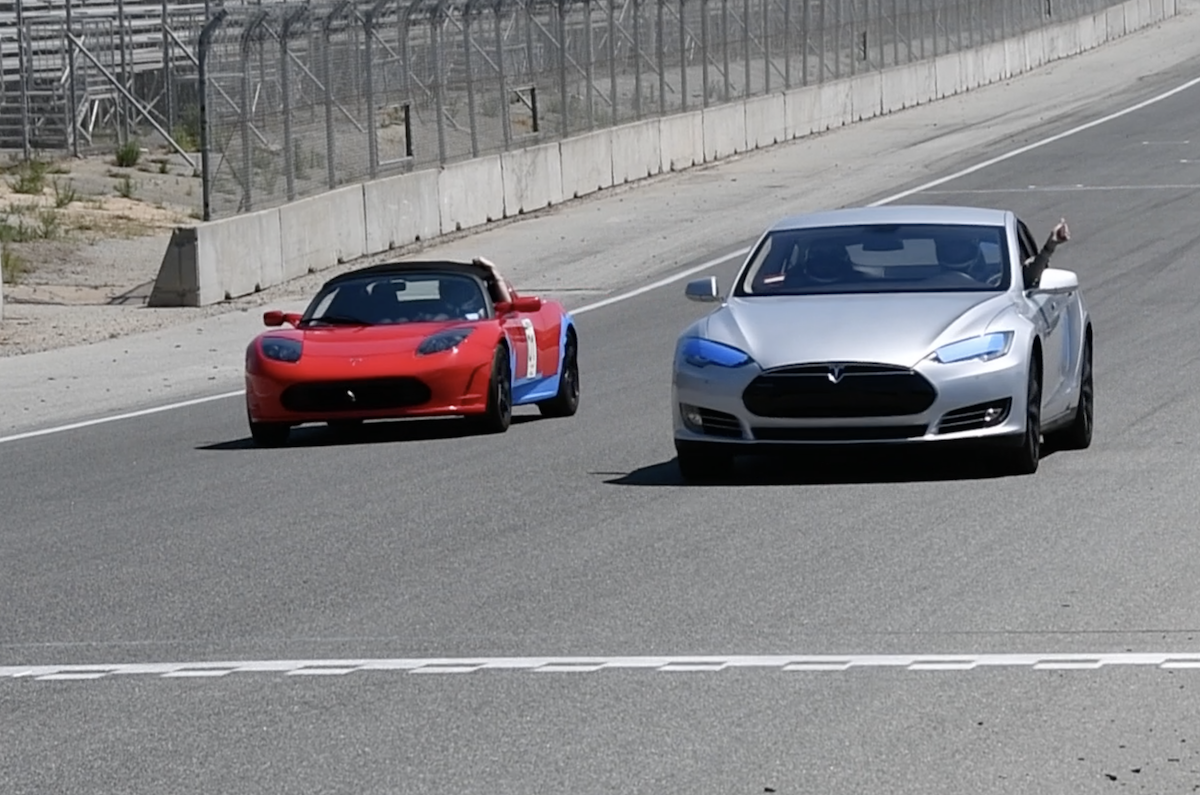Others to Follow Soon; Tax Credits Drop
As expected, Tesla announced right after the start of the third quarter (July 1) that it has hit the magic cumulative sales number of 200,000 units—the combined total of Roadsters, Model S, Model X and Model 3 units it has sold. While that sounds like and is a positive achievement, it comes with some negative side effects. This sales plateau signals the beginning of a decline in federal tax credits associated with new EV purchases.

The bigger question Tesla (and soon Nissan, General Motors and others) will have to address is—what impact will the withdrawal of this generous incentive have on sales? Will it need to be replaced with factory incentives, which have already been used by automakers to boost sales of often slow-moving electric vehicles.
The phase out of credits means that the $7,500 tax credit will be available through the end of 2018 for all Tesla vehicles delivered during that period. Starting Jan. 1, 2019, through the first six months of the year, the tax credit drops to $3,750. Beginning July 1 and continuing through December 31, 2019, the credit will be $1,875. In 2020 it disappears completely.
The U.S. tax credits were not the only blow to the incentive market. Due to an election that changed the political leadership in Ontario, Canada’s most populous province, the incentives offered there have been cancelled.
Of course, Tesla reached this milestone first, but Nissan and General Motors are not far behind and will likely hit the 200,000 sales mark before the end of the year as Leaf, Bolt and Volt models continue to sell fairly well.
The Tesla Response
Tesla’s response has been interesting. As noted earlier, the company made the unusual step of opening up the order banks for the Model 3’s higher end models (the $94,000 Long Range RWD, $55,000 Dual Motor AWD and $64,000 Performance AWD), promising delivery four months (which even in Tesla Time might be before the end of the full rebate). Of course, this also begs the question of whether Tesla can build those models if orders reach a high level.
As a potential relief valve, Tesla also announced that it will build an assembly plant in Shanghai, China. Those models should boost Tesla’s presence/sales in that country where current models are subject to a 25 percent tariff just imposed by China in retaliation for U.S. tariffs added to Chinese exports. Due to the tariff, Tesla announced a $20,000 price hike for models built in the U.S. and sold in China.

1 thought on “News: Tesla Hits 200,000 Sales Mark”